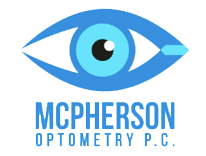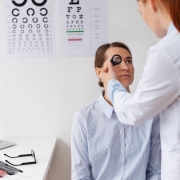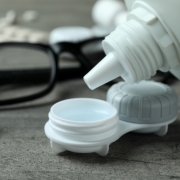Why Regular Eye Exams Are About More Than Just Vision
Most people think of eye exams as a way to check if they need glasses or a new prescription. While that’s certainly part of it, a comprehensive eye exam in North Syracuse, NY does much more than help you see clearly. It’s a key part of protecting your overall health and catching problems you may not even know exist.
Early Detection of Eye Diseases
Many common eye conditions—like glaucoma, macular degeneration, and diabetic retinopathy—develop slowly and without obvious symptoms in their early stages. You might not notice changes in your vision until the disease has progressed. Regular eye exams allow your optometrist to detect these issues early, often before you feel anything unusual. Catching them early means more treatment options and better outcomes.
A Window Into Your Overall Health
Your eyes can reveal clues about your general health. During an eye exam, your optometrist can sometimes detect signs of conditions like high blood pressure, diabetes, and high cholesterol. Changes in blood vessels in the retina, for example, may signal issues that go far beyond your vision. In some cases, people first learn about a serious health concern because of what their optometrist sees during a routine visit.
Tracking Changes Over Time
Even if your vision seems fine, subtle changes can occur over the years. Regular exams help establish a baseline for your eye health. Your optometrist can compare past and current results to spot patterns, monitor for gradual shifts, and personalize your care based on what’s normal for you.
Supporting Comfortable Vision in a Digital World
With increased screen time, many people now experience digital eye strain, dry eyes, or difficulty focusing. An eye exam is the perfect opportunity to discuss these symptoms and explore solutions. Whether it’s blue light-filtering lenses, better lighting at work, or simple lifestyle changes, your optometrist can recommend strategies to reduce discomfort.
Vision is important, but eye health goes far beyond how well you see letters on a chart. Regular eye exams by your North Syracuse, NY optometrist are a smart way to stay ahead of both eye-related and overall health issues. By making eye care a routine part of your wellness plan, you’re taking an important step toward protecting your vision—and your well-being—for the future.










